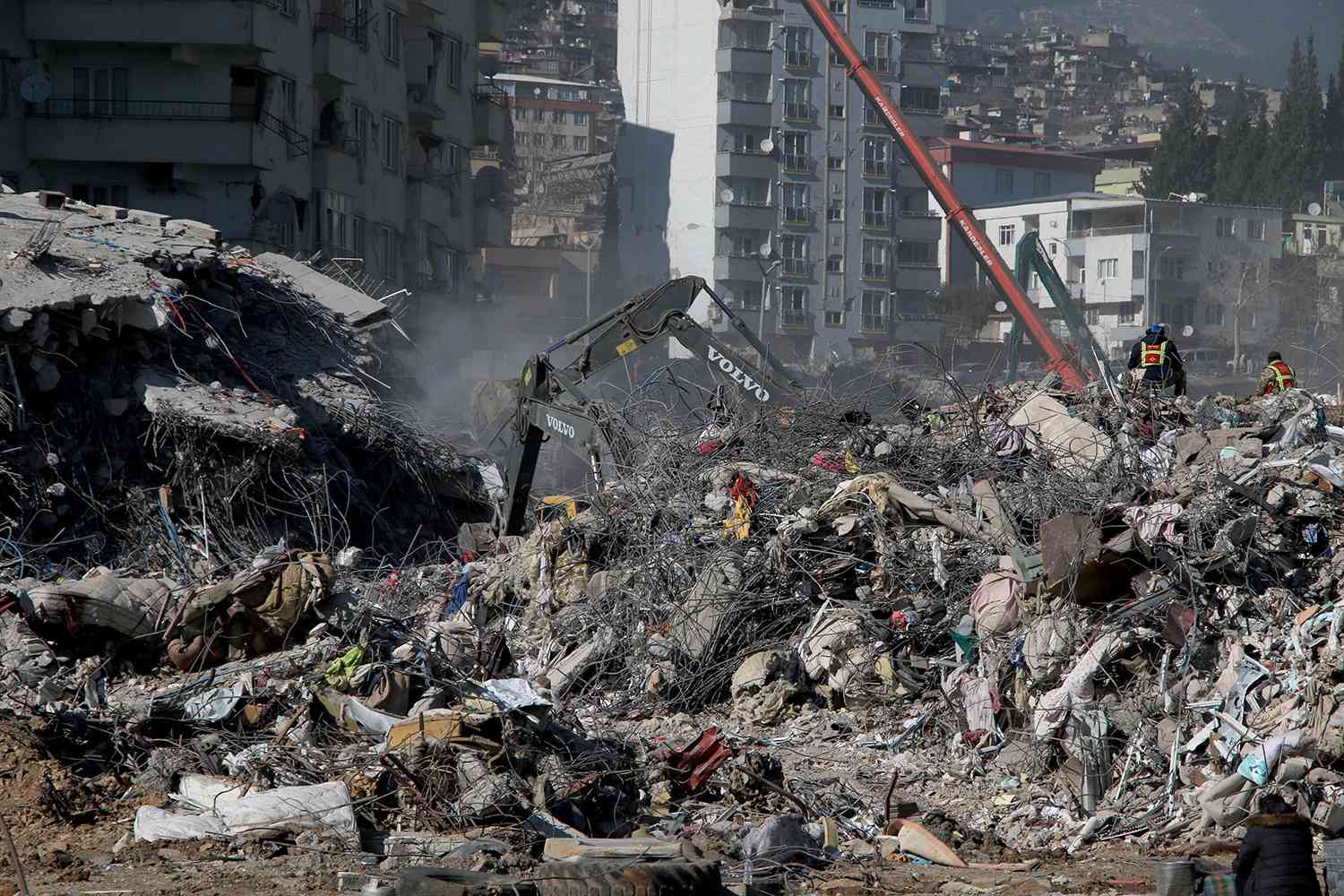The World Health Organisation (WHO) says one in three prisoners in Europe suffers from mental health disorders.
In its new report on prison health in the WHO European region, the global health body said the result was based on survey data from 36 countries in the region.
Conducted in 2021, the survey took a retrospective look at 2020, the year when the world was grappling with the onset of the COVID-19 pandemic.
The WHO said while European prisons managed adequate COVID-19 pandemic responses for inmates, concerns remain about poor mental health services, overcrowding, and suicide rates.
Advertisement
“The most prevalent condition among people in prison was mental health disorders, which affected 32.8% of the prison population. This figure likely represents a significant underreporting as most noncommunicable diseases were poorly recorded and estimates were lower than expected,” the report reads.
“Fewer than half of the countries surveyed provided data. The most common cause of death in prisons was suicide, with a much higher rate than in the wider community.
“1 in 5 Member States reported overcrowding, which has various negative consequences for health. Alternative non-custodial measures should be considered for offences that do not present a high risk to society and where more effective measures exist, such as diversion to treatment for drug use disorders.
Advertisement
“Deficiencies persisted in preventive services, including access to vaccination. 16.7% of Member States did not offer vaccination against hepatitis B or diphtheria–tetanus–pertussis (DTP) in any prisons, both of which are recommended for all people on admission to prison.”
The report suggested that alternative non-custodial measures are considered for offences that do not present a high risk to society.
Hans Kluge, WHO regional director for Europe, said incarceration should never become a sentence to poorer health.
“All citizens are entitled to good-quality health care regardless of their legal status. When prisons are excluded from the general health system, local communities can be the hardest hit,” he said.
Advertisement
Add a comment






